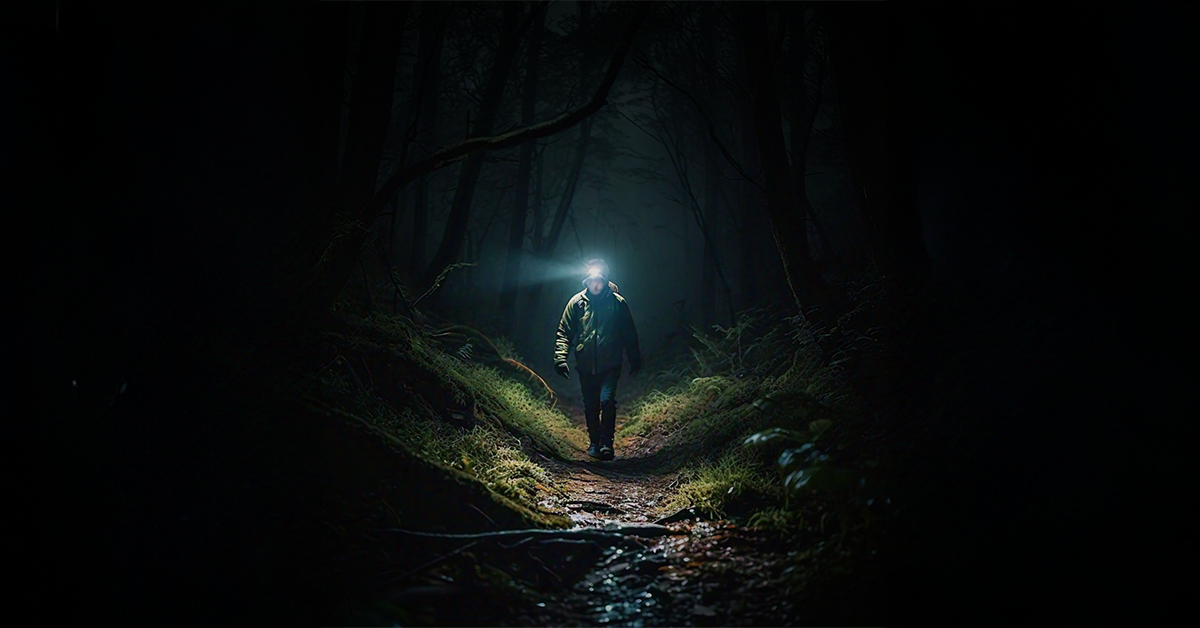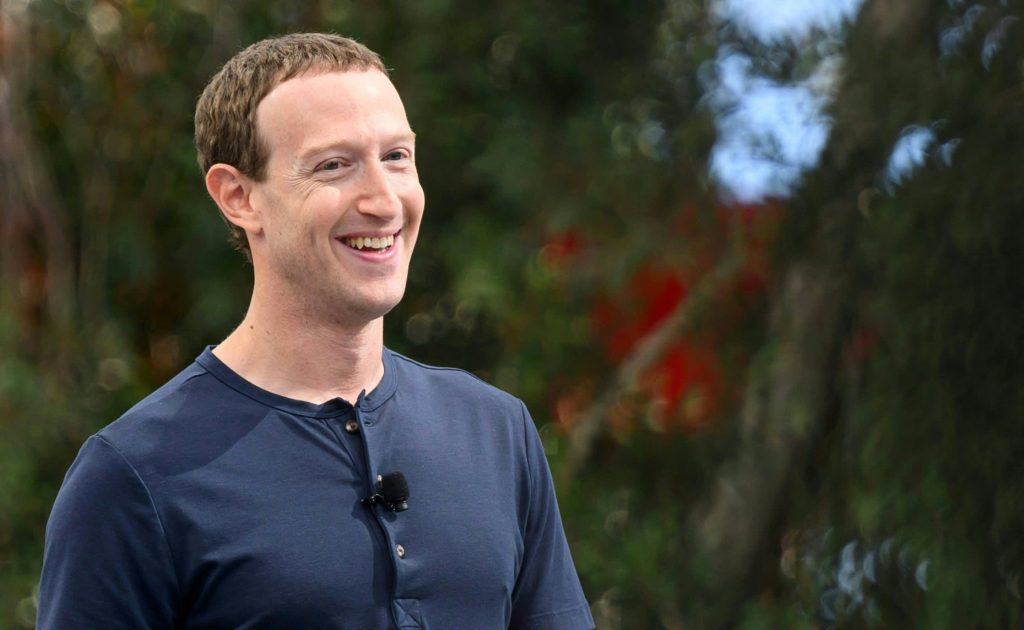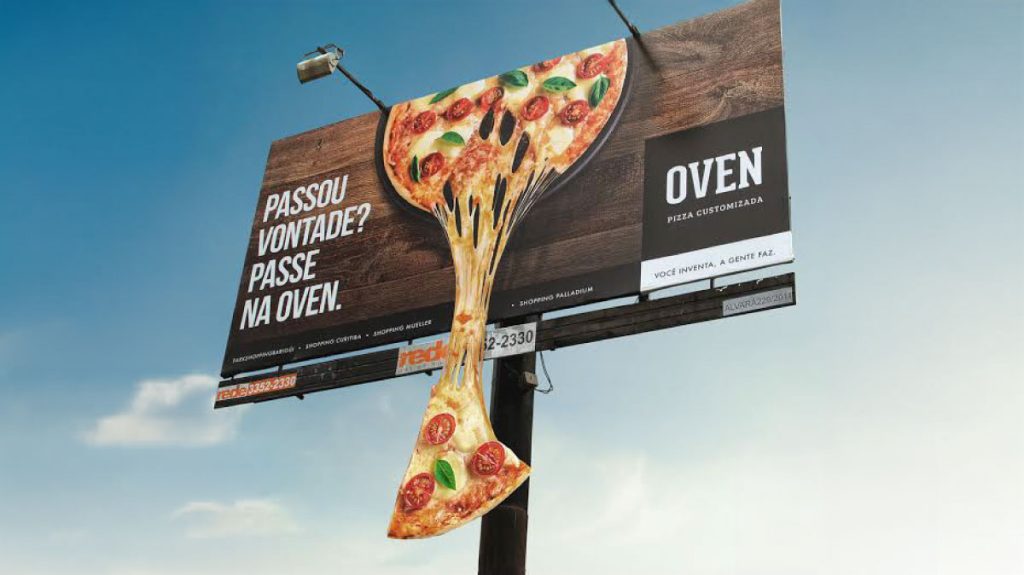
So many things in life and in business are like walking through a forest at night with a flashlight.
You may only see 10 feet in front of you, but you can make it the whole way like that.
As a novelist, I never came up with an entire story in one sitting. Instead, I would piece it together one word or chapter at a time and often have no idea how the story will unfold.
Eventually, I would have a complete story, but it was built up from countless hours string together tiny thoughts and ideas, and then pounding, shaping, and refining them over time.
Doing small things consistently and figuring it out as you go can be highly effective at achieving great results.
Don’t feel you need to have it all figured out, most of us don’t.

Mark Zuckerberg on the importance of getting started
During a university commencement speech, Mark Zuckerberg said to the young grads:
“Let me tell you a secret…
“Ideas don’t come out fully formed.
“They only become clear as you work on them.
“You just have to get started.
“If I had to know everything about connecting people before I got started, I never would have built Facebook.
“The idea of a single eureka moment is a dangerous lie.
“It make us feel inadequate, because we feel we haven’t had ours yet.
“And it prevents people with seeds of good ideas from ever getting started in the first place.”
Ignore the Competition
I’ve spoken to a lot of aspiring entrepreneurs over the past 20 years, and one of the major themes that comes up is they are deterred by competition.
They try to come up with some unique idea that nobody has ever thought of.
This is incredibly difficult, and if you can do it, great, but competition will soon follow. Sure, there can be a first-mover advantage. In the book 48 Immutable Laws of Marketing it states: “It’s better to be first, than it is to be better.”
I hear them say with great enthusiasm, “What if we do XYZ!?”
Then there will be a groan and deflation when they find out that someone has already beat them to that idea. In 99.99% of the cases, you will not be able to avoid competition.
Therefore, why not just pick a lane that you are uniquely skilled at, or extremely passionate about, or have some unfair advantage, and pursue that?
There are many benefits to being a small, agile, underdog in a space dominated by giants. Companies such as Facebook, Google, Slack, Gymshark, Lululemon, White Claw, … none were not first to market.
👉 They took chances that big companies wouldn’t dare take
👉 They could pivot quickly where big companies could not
👉 They saw opportunities in their hunger than big companies missed due to their complacency.
The so-called ‘first-mover’ advantage doesn’t just apply to large scale product launches or campaigns, it can be as simple as posting on social.
Consider two companies:
👉 Company A has a large team who plans out a series of social media posts weeks in advance.
They have a dozen people scripting, editing, planning and coordinating photoshoots, getting approvals from some committee, setting up meetings to discuss and approve creative, and eventually put out overly produced and polished garbage that talks all about how awesome their product is. No one cares.
👉 Company B posts multiple behind-the-scenes stories daily. No script. No fancy lighting. 1-2 person team. No committee. Just raw, engaging storytelling that hooks you in and takes you on an emotional journey.
They’re not trying to sell you anything. In fact, they never once mention their product. Viewers are invested and can’t wait to consume more. They like, subscribe, comment, and share.
The larger the company, the slower they move.
If you’re a company with a lean team and budget, you have an advantage over larger companies.


Continue reading:
If You’re Not Disrupting, You’re Standing Still
- Related post: The T-Shirt Theory of Branding
- Related post: The Power of Branding: John’s Family Premium Organic Garlic
- Related post: Why You Don’t Want to Run a Business that Relies Solely on Ads


Continue reading: What’s the ROI of a Billboard








